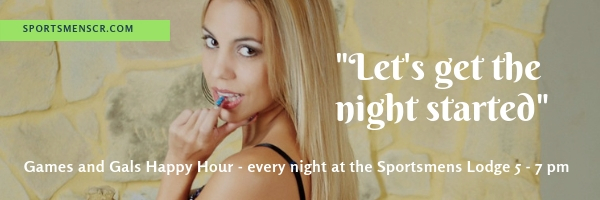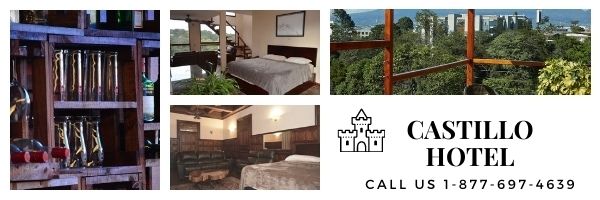|
First off all thanks to all our vets for their service and sacrifice to our country. Below is a copy of an article which appeared in the Miami Herald that was written by written by John Schlesinger a judge who I have had the priveldge and pleasure of practicing before in Miami. Most of you will not be familar with Judge Schlesinger but may be familar with his wife who is Marilyn Milian the judge on the "Peoples Court" tv show.
BY JOHN SCHLESINGER
The morning mist hung like a shroud over the endless rows of tombstones at Arlington National Cemetery. We had come to this sacred ground this past April to bury my Uncle, Edward Kielich, with full military honors.
Emotions washed over me as I walked past the graves of Congressional Medal of Honor recipients; many of the markers provided detailed accounts of the heroism of the American soldiers who lay beneath them. So much bravery; so much sacrifice; so much honor. I suddenly felt very small and insignificant in the presence of these men and women.
As we go about our daily affairs and plow through the mundane rituals of our busy lives, we tend to forget that the freedoms we enjoy in this great nation have been purchased and preserved at a very high price by the blood of these patriots. None paid a dearer price than my Uncle Edward.
Edward Kielich was a Ch*ld of the Great Depression, one of 11 brothers and sisters born to working-class parents in Buffalo, N.Y. When his father died in 1934, my grandmother was forced to go to work in a chemical factory to try to feed her family, but her meager salary wasn't enough. These were hard times in America, nothing like the inconveniences that we dare call hardship today. With 11 Ch*ldren to clothe, shelter and feed, something had to be done. Edward and his brothers quit high school and went to work.
A few years later when their country called them, they went to war.
The oldest brother, Henry, enlisted in the Army Air Corps after the Japanese attack on Pearl Harbor. As a tail gunner in a B-25 bomber, he would fly 60 combat missions over Europe and North Africa, receiving the Air Medal, Distinguished Flying Cross, six oak leaf clusters and other honors. Wounded in the leg by shrapnel, he never received his Purple Heart because his captain, responsible for the paperwork, died in the same mission. Henry would make it home alive, though, and became a U.S. Customs inspector at the Canada/U.S. border. He would live a long and happy life in Western New YorkThe next oldest brother, Eugene, was drafted into the infantry in 1943 and survived the D-Day landing at Omaha Beach. Suffering from severe frostbite that would trouble him for the rest of his life, he was taken from the field after the Battle of the Bulge and honorably discharged in 1945. Eugene became a railroad supervisor in Buffalo. He would also go on to a long and happy life with his family.
But still for these brothers, the butcher's bill would come due. Edward was drafted into the infantry in 1943. He served as an anti-aircraft gunner in the artillery. Edward survived the invasion of Normandy where so many of our best and bravest perished, fighting his way westward into Germany. Returning home in 1945, he seemed one of the lucky ones who made it back without a scratch. But it soon became apparent that something had changed inside him.
He acted strangely and became distant and paranoid. He would often pace the floor of the family home, then suddenly crouch down, pulling his frightened siblings down and telling them to ``be quiet . . . they're coming . . .''
Edward was sent to a Veterans Administration hospital in 1946. ``Shell-shock'' was the term of the day for his condition, what we now call ``post-traumatic stress disorder.'' The VA doctors knew little about the condition or a proper course of treatment. Edward would remain at the VA hospital in Canandaigua, N.Y., for the next 62 years.
As a Ch*ld I visited him from time to time with my mother. It was a frightening place; patients sedated with thorazine and other heavy-duty drugs. Electroshock therapy was in vogue. Edward spoke haltingly, never more than a few words in hushed tones. He seemed grateful for the cigarettes and toiletries my mother brought. Each time she would leave sobbing and devastated, mourning the loss of her big brother.
So it was for 62 years, a once vibrant young man held a prisoner of his own mind, unable to get past the horrors of a war his body had survived. No bullet wound or shrapnel would provide the merciful release of death for Edward. But on that April morning at Arlington National Cemetery, I knew that his own sacrifice stood up well to those of the heroes he would join in that hallowed ground.
This Veterans Day, take a few moments to remind your sons and daughters that freedom isn't free. Teach them that our precious liberty is not preserved by lawyers, or judges, or politicians. It is the veterans to whom we owe the blessings of our liberty; they are the ones who answered the call and paid the bill when it came due. By teaching this lesson, we venerate their sacrifice and honor their devotion to America.
John Schlesinger is a circuit court judge in Miami-Dade County
|









